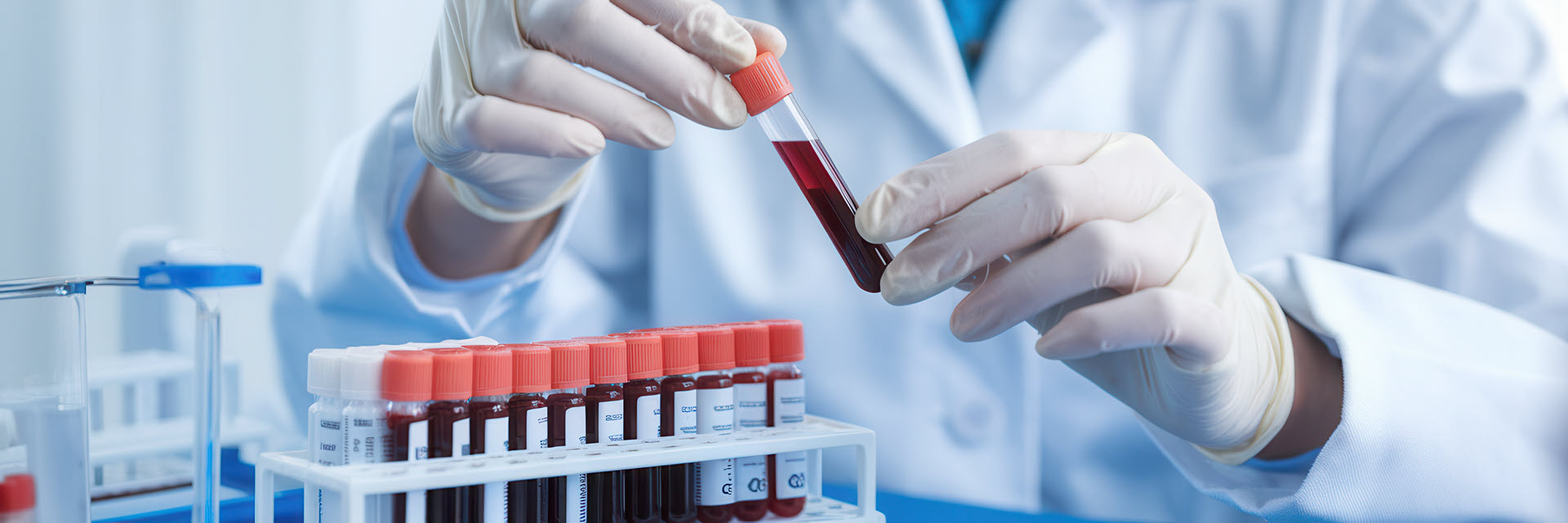More than 3,000 donors and their families have helped shape new tests, treatments and hope for the future.
For over 30 years, the NCARD Biobank has quietly underpinned some of the world’s most important research into mesothelioma and asbestos-related diseases. Now, as we reflect on its impact, we want to extend a heartfelt thank you to every donor and their family who made this possible.
Established in 1994, the NCARD Biobank has grown to become one of the largest collections of clinical samples from people with asbestos-related diseases in the world. It holds more than 10,000 biospecimens – including tumour tissue, blood, pleural fluid, and DNA – from over 3,000 Australians who generously donated their samples to help others.
These donations have helped power more than 50 research projects. From improving diagnostic tests to developing promising new treatments, donor samples have been central to scientific discoveries that are changing the way mesothelioma is understood and treated.
A Lasting Legacy
Among the most significant breakthroughs supported by the Biobank is the development of a blood test for mesothelin, a protein commonly found in people with mesothelioma. This research contributed to the development of the MESOMARK assay which has been approved by the Australian TGA, the US FDA, and other regulatory authorities worldwide. While not a standalone diagnostic tool, MESOMARK supports clinicians in monitoring disease progression and managing mesothelioma more effectively.
Biobank samples also contributed to research behind immunotherapy, a treatment that helps the immune system fight cancer. NCARD was part of the international team behind the CheckMate 743 clinical trial, which included Western Australian patients and led to the listing of immunotherapy on Australia’s Pharmaceutical Benefits Scheme (PBS). Research using Biobank samples continues to inform how immunotherapy might benefit people with mesothelioma. Other discoveries include:
- Identification of new genetic markers and immune changes in mesothelioma tumours
- Development of more than 50 mesothelioma-specific cell lines for laboratory research
- Research into early detection methods using blood and pleural fluid samples
- Studies examining asbestos exposure in different populations to guide public health policy
A Research Platform of Global Significance
The NCARD Biobank is not just a local resource – it has supported international collaborations with researchers across the United States, Japan, and Europe. It plays a critical role in early-career research training and continues to attract funding for cutting-edge studies focused on prevention, early diagnosis, and personalised medicine.
Most importantly, every sample in the Biobank represents a person – someone who made a generous decision to help future patients. This contribution doesn’t end with a diagnosis. It lives on in every research paper published, every new trial opened, and every patient who benefits from more accurate diagnosis or improved care.
Thank You
To all our donors and their families: your gift is not forgotten. It continues to shape the future of mesothelioma research and gives hope to people affected by asbestos-related diseases in Australia and around the world.
We thank you for your generosity, your foresight, and your commitment to helping others.


